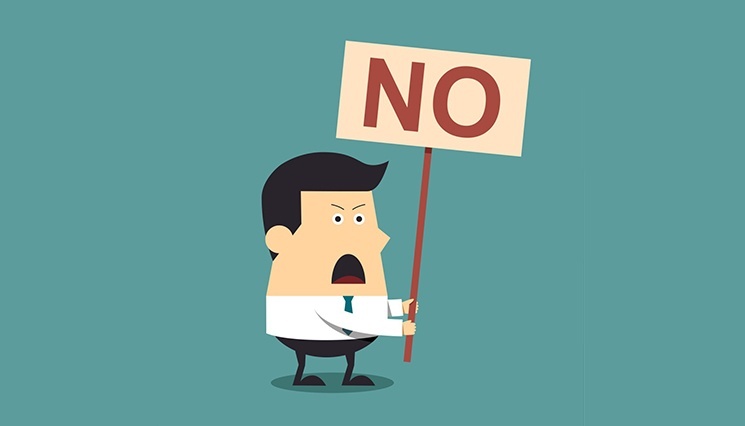
The current spotlight shone on the Confederate Flag in the wake of the senseless, race-driven murders in Charleston, South Carolina, is one we would benefit from widening, just a bit, to illuminate any number of other aspects of our culture that long since have expired as relevant or appropriate.
It’s also a prism through which to better understand and to separate when tolerance is advisable from eliminating something that’s just wrong.
While not on the same plane as finally abolishing the symbol of secession, racism, and slavery, our workplace culture can stand a bit of clean up as well, now that we’re well into the 21st century. The connection is that symbols and language matter because they reflect feelings and, in some cases, evoke them. This isn’t a matter of political correctness; it’s a matter of correctness. Certain language reflecting outmoded and/or offensive attitudes are the most immediate and accessible area of opportunity.
Let’s take a look at some of the language that has to go in order to more swiftly propel us down the path of changing the attitudes they reflect … or, as needed, replacing the people with attitudes that won’t evolve.
Sexism – Women still are disproportionately impacted by words and actions in the work world. They’re not gals, girls, or worse. My wife (a lawyer with a terrific reputation in her field) was told recently by a judge her language (she used the expression “pissed off”) was not appropriate for a “lady.” Would this jurist have even noticed much less commented on this scandalous verbiage had a man said it? No! Women are the majority of our college graduates and in an increasing number of professions, and their involvement in leadership translates into greater success for our businesses. That woman leading your company is not a great gal; she’s a remarkable professional. And for my money, she ought to be pissed off to be judged by her looks or assumed to be any number of things from maternal to emotional … but she can decide that for herself. Women: please note that promoting gender stereotypes of men is no more desirable. Some of us take care of our homes and provide primary care to our children – and we know how to dress ourselves.
Racism – We’re a multicultural society and, as such, are sometimes challenged to be accurate with the most respectful ways to refer to our colleagues’ heritage or ethnicity. In general, the easiest manner in which to deal with this is – don’t. We know diversity and the inclusion of a variety of people defined by many variables (including work styles) is good for business. But, in referencing our colleagues, how significant is it we label them? If you need to know and don’t, ask. If you’re about to describe culture through generalization by ethnicity, don’t. I had a colleague who is a senior representative of a global consultancy refer to Asians as “Orientals” and tell us that a global non-profit of some significance was hard to influence through formal channels because all the “Latins” in the organization preferred to talk in office hallways. As with gender, once we start thinking of and acting towards our colleagues as such, some of these matters fade to the background. It’s not that we don’t want to know our colleagues; it’s that we want to know them as individuals, not labels.
Ageism – I’m going to go there. We now have more millennials in the workforce than any other single group. We also benefit from many workers at or near traditional retirement age. Age, experience, diversity, and inclusion are just as valuable as any other, which is to say – very valuable. Younger workers are not “kids,” by definition, nor are they slackers or technology whizzes just because of their generation. Neither are older members of the workforce tired and burnt-out. I have a 70 year-old friend who is a noted vascular surgeon and who has more energy than both of my millennial kids – combined!
We could go farther and deeper, but here’s the recurring and abiding theme: respect and celebrate the individual; eschew the label … it’s lazy and it’s wrong. We sometimes take seemingly unnecessarily long and winding roads to get to an obvious place – obvious, at least, once we arrive.
Perhaps, in the wake of evil, we’ve gotten to a place of greater clarity about the harm some symbols and the linguistic shorthand we use can do. If so, let’s embrace that clarity and accelerate the process of being more clear-eyed about our own behavior and that of others. Life is often nuanced; and just as often, there’s right and wrong. We need to recognize the difference and act accordingly. We need to become actively intolerant of intolerance. Appreciate the irony; benefit from the impact of demanding that the culture around you be a culture of respect of each person and all people.







